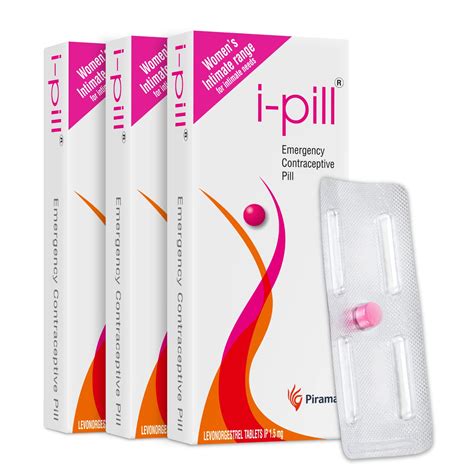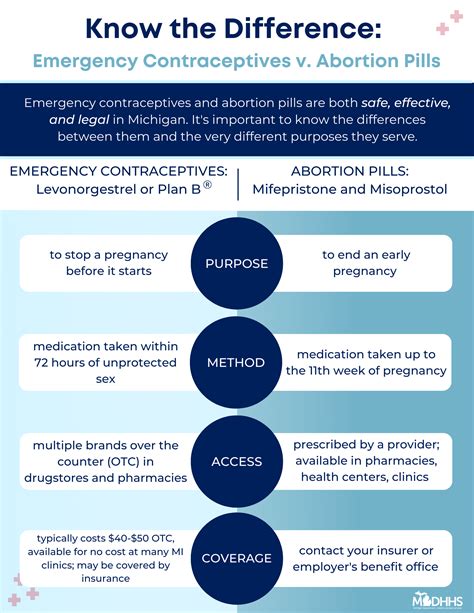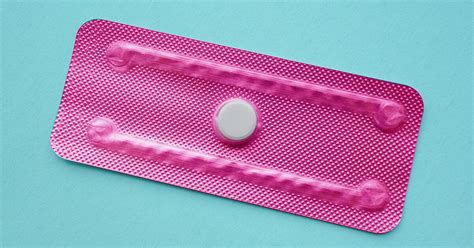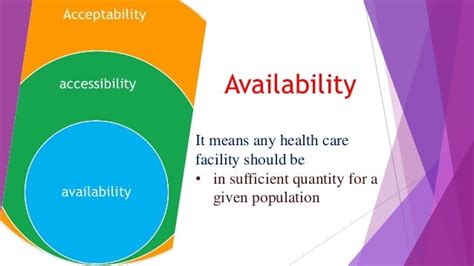Intro
Learn about Emergency Contraceptive Pills, also known as morning-after pills, and their role in preventing pregnancy, including types, effectiveness, and safety, to make informed decisions about reproductive health and unplanned pregnancies.
Emergency contraceptive pills, also known as morning-after pills, are a type of birth control that can be used after unprotected sex to prevent pregnancy. These pills are designed to be taken as soon as possible after unprotected sex, ideally within 72 hours, to reduce the risk of pregnancy. The importance of emergency contraceptive pills cannot be overstated, as they provide a vital safety net for individuals who have had unprotected sex or whose primary form of contraception has failed.
The need for emergency contraceptive pills is more pressing than ever, given the high rates of unintended pregnancies worldwide. According to the World Health Organization (WHO), approximately 40% of pregnancies are unintended, resulting in millions of women and girls facing significant physical, emotional, and financial challenges. Emergency contraceptive pills offer a critical solution to this problem, empowering individuals to take control of their reproductive health and make informed decisions about their bodies.
The use of emergency contraceptive pills is not limited to cases of unprotected sex or contraceptive failure. They can also be used in situations where a woman has been sexually assaulted, as a means of preventing pregnancy and reducing the risk of sexually transmitted infections (STIs). Furthermore, emergency contraceptive pills can be used by individuals who are experiencing reproductive health issues, such as irregular periods or polycystic ovary syndrome (PCOS), to help regulate their menstrual cycles and prevent unintended pregnancy.
How Emergency Contraceptive Pills Work

Emergency contraceptive pills work by delaying or preventing ovulation, which is the release of an egg from the ovaries. They contain hormones, such as levonorgestrel or ulipristal acetate, which are similar to those found in regular birth control pills. When taken as directed, these hormones can prevent pregnancy by:
- Delaying ovulation, making it more difficult for sperm to fertilize an egg
- Thickening cervical mucus, making it harder for sperm to reach the egg
- Altering the lining of the uterus, making it less receptive to a fertilized egg
It is essential to note that emergency contraceptive pills are not the same as abortion pills, which are used to terminate an existing pregnancy. Emergency contraceptive pills are designed to prevent pregnancy from occurring in the first place, whereas abortion pills are used to end a pregnancy that has already been established.
Types of Emergency Contraceptive Pills
There are several types of emergency contraceptive pills available, including:- Levonorgestrel-based pills, such as Plan B One-Step and Next Choice
- Ulipristal acetate-based pills, such as ella
- Combined estrogen and progestin pills, such as Preven
Each type of pill has its own unique characteristics and instructions for use. It is crucial to follow the instructions carefully and take the pills as directed to ensure maximum effectiveness.
Benefits of Emergency Contraceptive Pills

The benefits of emergency contraceptive pills are numerous and significant. Some of the most notable advantages include:
- High effectiveness: Emergency contraceptive pills can reduce the risk of pregnancy by up to 89% when taken within 72 hours of unprotected sex
- Convenience: Emergency contraceptive pills are widely available and can be taken at home, without the need for a doctor's visit or prescription
- Safety: Emergency contraceptive pills are generally safe and well-tolerated, with minimal side effects
- Empowerment: Emergency contraceptive pills provide individuals with a sense of control and agency over their reproductive health, allowing them to make informed decisions about their bodies
In addition to these benefits, emergency contraceptive pills can also help reduce the risk of STIs, such as chlamydia and gonorrhea, by encouraging individuals to practice safer sex and seek medical attention if necessary.
Common Misconceptions About Emergency Contraceptive Pills
Despite the many benefits of emergency contraceptive pills, there are still several common misconceptions surrounding their use. Some of the most prevalent myths include:- Emergency contraceptive pills are the same as abortion pills
- Emergency contraceptive pills are only for promiscuous people
- Emergency contraceptive pills are not effective or safe
These misconceptions can be harmful and misleading, as they may discourage individuals from seeking emergency contraception when they need it most. It is essential to educate oneself about the facts and benefits of emergency contraceptive pills, as well as to consult with a healthcare provider if necessary.
How to Use Emergency Contraceptive Pills

Using emergency contraceptive pills is relatively straightforward, but it is crucial to follow the instructions carefully to ensure maximum effectiveness. Here are the general steps to follow:
- Take the pills as soon as possible after unprotected sex, ideally within 72 hours
- Follow the instructions provided with the pills, including the dosage and timing
- Take the pills with water, and avoid taking them with certain medications or substances that may interact with the hormones
- Wait 24 hours after taking the pills before having sex again, and use a backup form of contraception, such as condoms, to reduce the risk of pregnancy and STIs
It is also essential to note that emergency contraceptive pills are not a substitute for regular birth control. Individuals who are sexually active should consider using a primary form of contraception, such as the pill, patch, or IUD, to reduce the risk of unintended pregnancy and STIs.
Side Effects and Interactions
While emergency contraceptive pills are generally safe and well-tolerated, they can cause some side effects and interactions. Some of the most common side effects include:- Nausea and vomiting
- Headache and fatigue
- Dizziness and lightheadedness
- Breast tenderness and abdominal pain
These side effects are usually mild and temporary, but they can be uncomfortable and inconvenient. It is essential to consult with a healthcare provider if the side effects persist or worsen over time.
In addition to side effects, emergency contraceptive pills can interact with certain medications and substances, such as:
- Blood thinners and anticoagulants
- Certain antibiotics and antifungals
- St. John's Wort and other herbal supplements
It is crucial to inform a healthcare provider about any medications or substances being taken before using emergency contraceptive pills.
Accessibility and Availability

Emergency contraceptive pills are widely available and can be purchased over-the-counter (OTC) at most pharmacies and health clinics. They can also be prescribed by a healthcare provider, especially for individuals who are under 17 years old or who have certain medical conditions.
However, accessibility and availability can vary depending on the location and region. Some areas may have limited access to emergency contraceptive pills, or they may be subject to restrictive laws and regulations.
To address these disparities, it is essential to advocate for increased access to emergency contraceptive pills, as well as to educate individuals about their benefits and use. This can involve working with healthcare providers, policymakers, and community organizations to promote reproductive health and rights.
Conclusion and Next Steps
In conclusion, emergency contraceptive pills are a vital component of reproductive health care, providing individuals with a safe and effective means of preventing unintended pregnancy. By understanding the benefits, working mechanisms, and steps for using emergency contraceptive pills, individuals can take control of their reproductive health and make informed decisions about their bodies.To learn more about emergency contraceptive pills and reproductive health, individuals can consult with a healthcare provider, visit reputable online resources, or contact local health organizations. By taking action and advocating for reproductive rights, we can work towards a future where everyone has access to the information and resources they need to make informed decisions about their reproductive health.
What are emergency contraceptive pills, and how do they work?
+Emergency contraceptive pills are a type of birth control that can be used after unprotected sex to prevent pregnancy. They work by delaying or preventing ovulation, making it more difficult for sperm to fertilize an egg.
How effective are emergency contraceptive pills, and what are the potential side effects?
+Emergency contraceptive pills can reduce the risk of pregnancy by up to 89% when taken within 72 hours of unprotected sex. Common side effects include nausea, headache, and dizziness, but these are usually mild and temporary.
Where can I get emergency contraceptive pills, and do I need a prescription?
+Emergency contraceptive pills are widely available and can be purchased over-the-counter (OTC) at most pharmacies and health clinics. However, individuals under 17 years old or with certain medical conditions may need a prescription from a healthcare provider.
